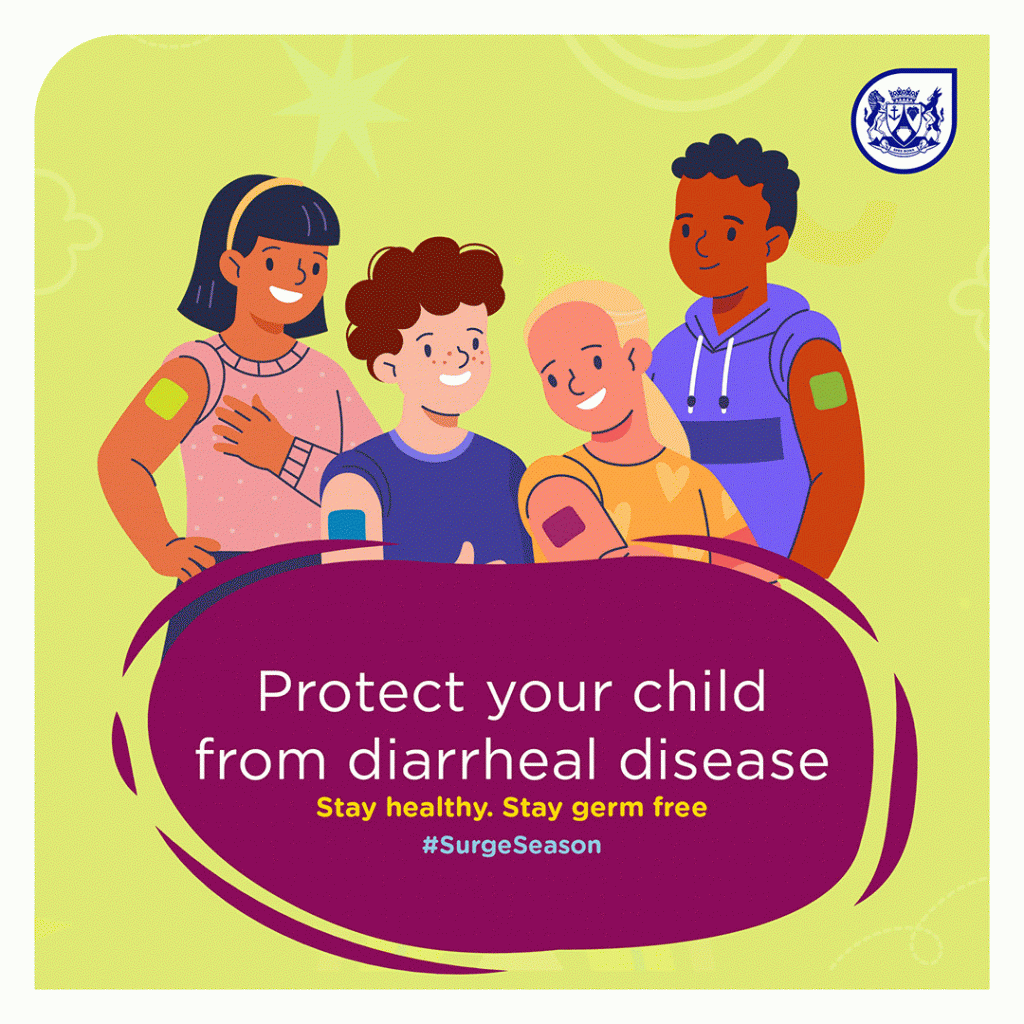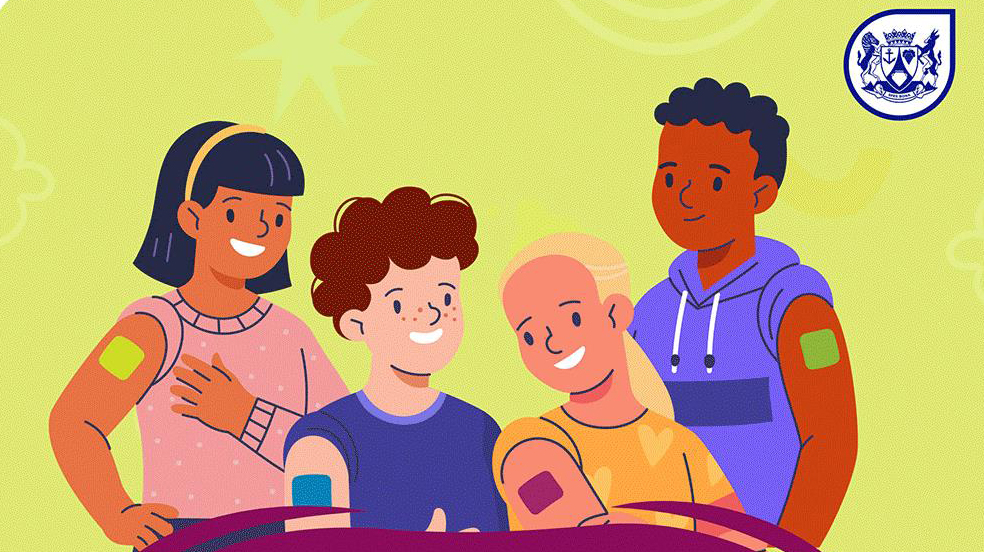The Western Cape Department of Health and Wellness has noticed an increase in children with diarrhoea and dehydration in the Overberg District, particularly in the Hermanus and Grabouw area.
Every year from November to May, the Western Cape sees a surge in diarrhoea cases, and if left untreated diarrhoea can be fatal for children. This period is known as the Paediatric Surge Season (PSS). From December 2023 until February 2024 a total of 728 children under the age of 5 were treated for diarrhoea at public health facilities in the Overberg District. Based on this information, the department is encouraging people to practice good health hygiene, such as regular handwashing and sanitising of feeding equipment to safeguard your children from contracting diarrhoea, and to keep your child hydrated if they are showing signs of diarrhoea.
Causes and prevention
Diarrhoea can last several days and can leave the body without the water and salts that are necessary for survival. Diarrhoea is usually a symptom of an infection in the intestinal tract, which can be caused by a variety of bacterial, viral and parasitic organisms. Infection is spread through contaminated food or drinking-water, or from person-to-person as a result of poor hygiene.
There are steps we can take to protect children such as regular handwashing, where possible. Unclean hands can increase the spread of viruses. Teach your children to clean their hands after using the toilet and before and after meals. It is also important to keep your child’s feeding bottles and cups, bowls, and teats clean by sterilising them before feeding your child.
Due to warmer weather, food can easily become spoilt. This can also lead to diarrhoea and later dehydration. It is important that we try to keep our hands, food, cooking utensils and toilets clean.
Dustbins must be closed, animal faeces collected and thrown away, and food scrapings, used nappies and sanitary towels put into a plastic bag, knotted securely and thrown into a dustbin. Remember to wash your hands after completing these tasks.
The World Health Organisation also recommends exclusive breastfeeding for the first six months of life. Advantages include a lower risk of gastrointestinal infection for the baby and helping to build the immunity of the child.
You should also ensure that your child gets the rotavirus vaccination, which is considered effective in preventing severe diarrhoea, and ensure that your child’s immunisation schedule is updated.
Signs that your child needs help
Diarrhoea can increase the risk of your child becoming dehydrated. This is due to water and electrolytes (sodium, chloride, potassium and bicarbonate) being lost with liquid stools, vomit, sweat, urine and breathing. Dehydration occurs when these losses are not replaced.
If your child gets diarrhoea, check them for these signs of dehydration:
- Dry or sticky mouth;
- Does not want to accept milk feeds (breastmilk or infant formula) or eat;
- Few or no tears when crying;
- Lack of urine, or only a very small amount of dark yellow urine;
- Dry, cool skin;
- Tiredness and irritability;
- Dizziness;
- Headache and stomach ache; and
If your child shows any symptoms of dehydration or you are not sure, seek help at your nearest clinic or hospital (if after hours). Do not wait in line, go directly to the healthcare worker or reception desk and let them know your child has diarrhoea and possible dehydration.
Prepare an oral rehydration solution to replace the lost bodily fluids by following these steps.
Using a clean 1 L bottle. Mix 1 L boiled and cooled water with ½ level teaspoon of salt and 8 level teaspoons of sugar. Mix well. Take the solution with you should you need to take your child to the clinic so that your child does not dehydrate on the way. Offer your child sips between and after every loose stool. Do not stop offering food or milk feeds.
It is also important to recognise the signs that your child requires immediate medical care. These signs include:
- Rapid breathing. It is a symptom of pneumonia and diarrhoea;
- Chest retraction;
- If your child does not drink and/or vomits everything up;
- If your child has convulsions;
- Your child is weak and just stares into nothingness;
- There is blood in the stool; and
- Your child is very sleepy or does not want to wake up.
Do not hesitate to seek help urgently if your child displays these warning signs. Visit your nearest healthcare facility or call an ambulance on 10177 immediately.
More information:
First 1 000 Days: https://www.westerncape.gov.za/first-1000-days



